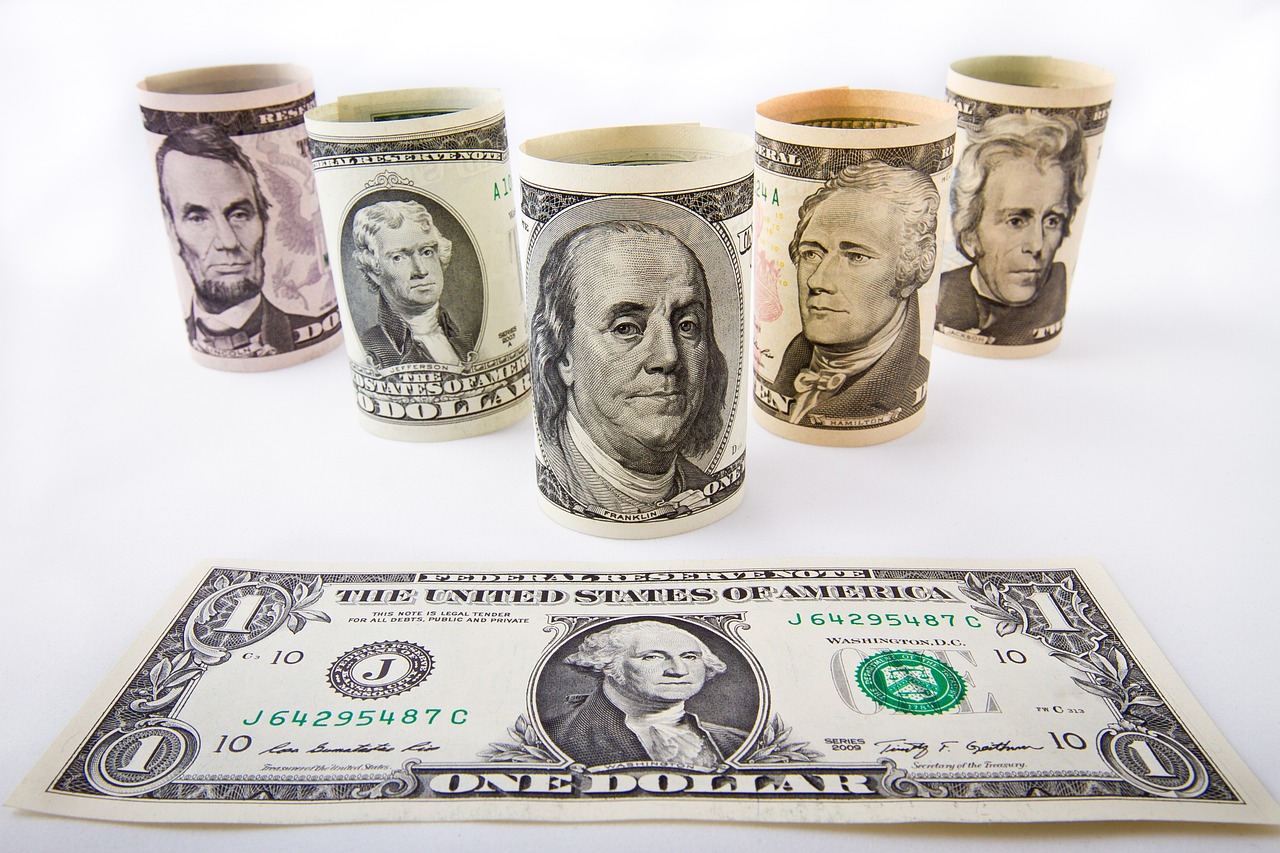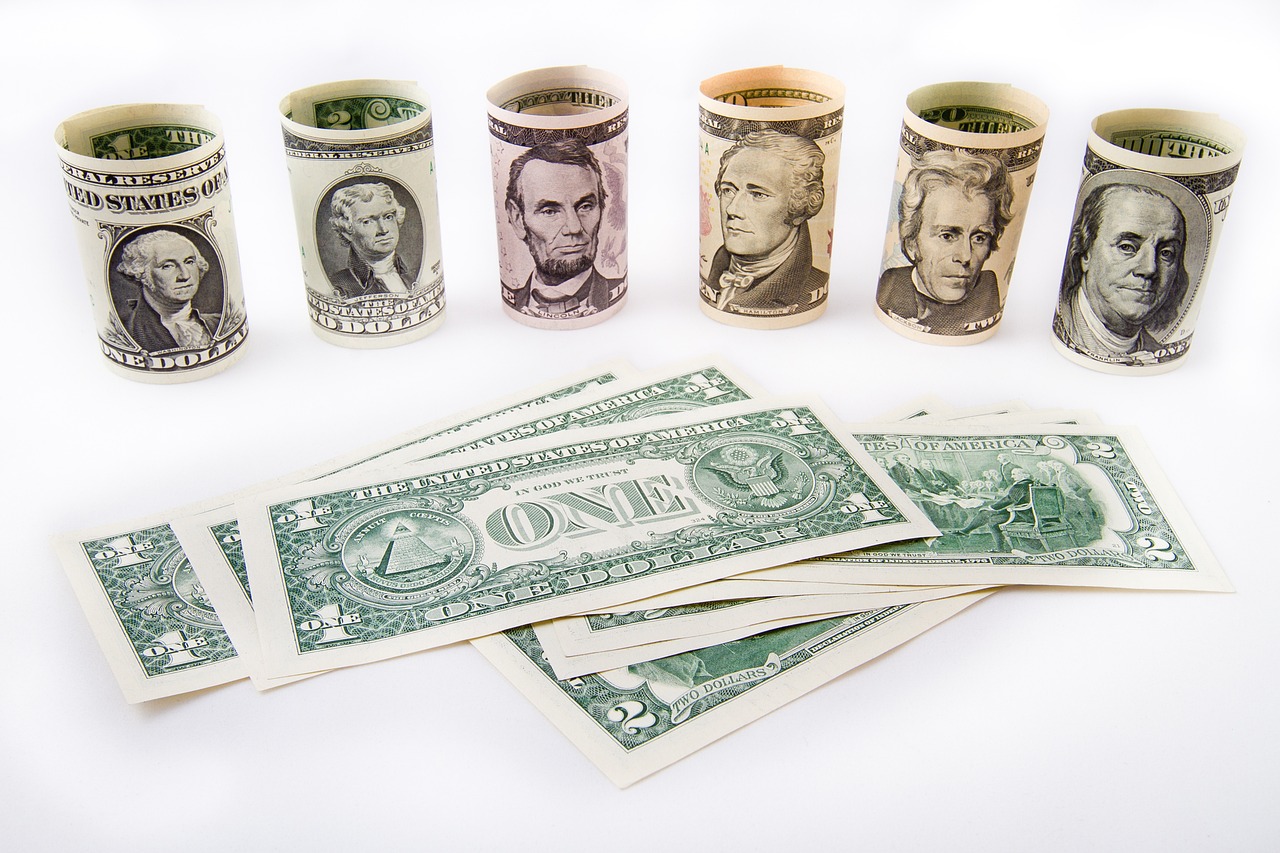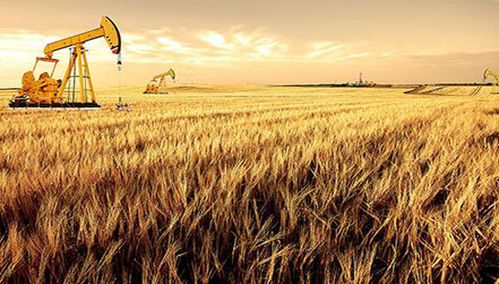Is The Federal Reserve Responsible For Monetary Policy?
A nation's economy is greatly influenced by monetary policies, which also affect interest rates, inflation, and overall economic stability. The type of monetary policy, whether good or bad, affects the country's economic development. This is why each country take their time to scrutinize every policy by making it go through strict legislative scrutiny before implementing it.

The Federal Reserve System, also called the Federal Reserve or the Fed, is the body tasked with creating and carrying out monetary policy in the United States. The same goes for other countries, considering the economic system in use. This article aims to examine the Federal Reserve's major role in overseeing monetary policy and its importance to the American economy. Below, they are detailed thus:
The Federal Reserve And The Techniques Deployed In Overseeing Monetary Policy
The Federal Reserve is the United States central banking system founded in 1913. Its main goal is to promote stable prices, maximum employment, and reasonable long-term interest rates. The Fed uses a variety of instruments and tactics, which together make up monetary policy, to accomplish these objectives.
In order to control liquidity in the banking system, the Federal Reserve also uses reserve requirements, which specify the amount of money banks must have in reserve. The ability of banks to lend and borrow may be impacted by changing these rules, which may impact the general supply of credit in the economy.
The Federal Reserve additionally uses forward guidance, outlining its expected course of action about interest rates and monetary policy. This method aids in forming market expectations, influencing financial choices and economic activity.
Significance and accountability. The Federal Reserve's function in monetary policy is of utmost significance since it may affect the economy's stability. The Fed balances economic growth and stability while reducing inflationary pressures by regulating interest rates, controlling the money supply, and using other instruments.
The Federal Reserve, however, is not an autonomous organization. Although it has some autonomy, it is nonetheless answerable to the United States Congress and the general public. Congress hears testimony from the Federal Reserve Chair, and actions made by the central bank are subject to scrutiny.

Controlling the money supply (including digital assets) is one of the Federal Reserve's primary responsibilities. The Fed affects the amount of money in circulation and, in turn, interest rates through its open market activities, where it buys and sells government assets. The Fed indirectly affects borrowing rates for companies and people by changing the federal funds rate, the rate at which banks lend to one another.
Conclusion
The Federal Reserve is responsible for developing and carrying out monetary policy in the United States. The Federal Reserve fosters stable prices, full employment, and reasonable long-term interest rates using a variety of instruments and techniques.
The Federal Reserve, as the watchdog of the American economy, is committed to maintaining economic stability while yet being answerable to Congress and the general public. Understanding the dynamics of the U.S. economy and its overall influence on people and businesses requires understanding the Federal Reserve's involvement in monetary policy.
(Writer:Seli)





